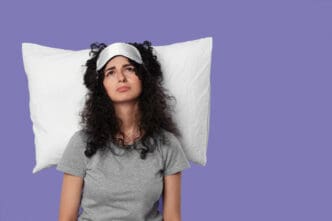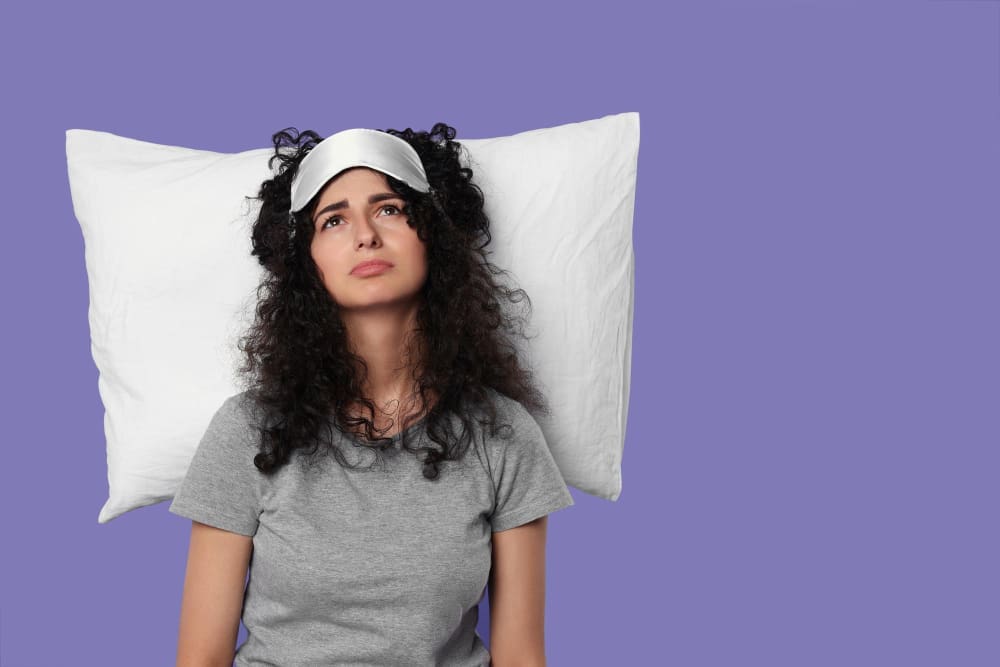Australians are increasingly grappling with insufficient sleep, with studies revealing that social media, hormonal changes, and dietary habits are significant contributors to this widespread issue. The 2025 Sleep Report highlights that over a third of Australians are getting six hours or less of sleep each night, and two-thirds report that sleep deprivation affects their work performance at least weekly.
The long-standing belief that eight hours of sleep is necessary is more myth than science, suggesting it may contribute to an unhealthy focus on sleep perfection. Experts emphasize that healthy adults typically require about seven hours of sleep, and regularity in sleep schedules plays a crucial role in maintaining a healthy circadian rhythm.
Hormonal changes during perimenopause and menopause further complicate sleep quality for many women. Fluctuating hormones like estrogen and progesterone are linked to sleep disturbances, exacerbating symptoms such as hot flashes and mood disturbances. Active relaxation techniques and consulting healthcare providers about hormone therapy may provide relief.
Diet also plays a pivotal role in sleep quality. Research links the Mediterranean diet to better sleep patterns, while high consumption of ultra-processed foods is associated with insomnia. A diet rich in fiber and tryptophan, found in foods like dairy and poultry, can improve sleep by enhancing gut health and boosting melatonin production.
Social media usage is another sleep disruptor. Heavier use correlates with poorer sleep quality, and exposure to blue light from screens can interfere with the body’s natural circadian rhythms. Experts recommend limiting screen time at night and ensuring exposure to natural light during the day to support better sleep.
These insights underscore the importance of addressing lifestyle factors to improve sleep quality, advocating for informed choices about diet, media consumption, and relaxation practices. For those struggling with persistent sleep issues, professional consultation is advised to find tailored solutions.
Find more insights in the 2025 Body+Soul Sleep Report







